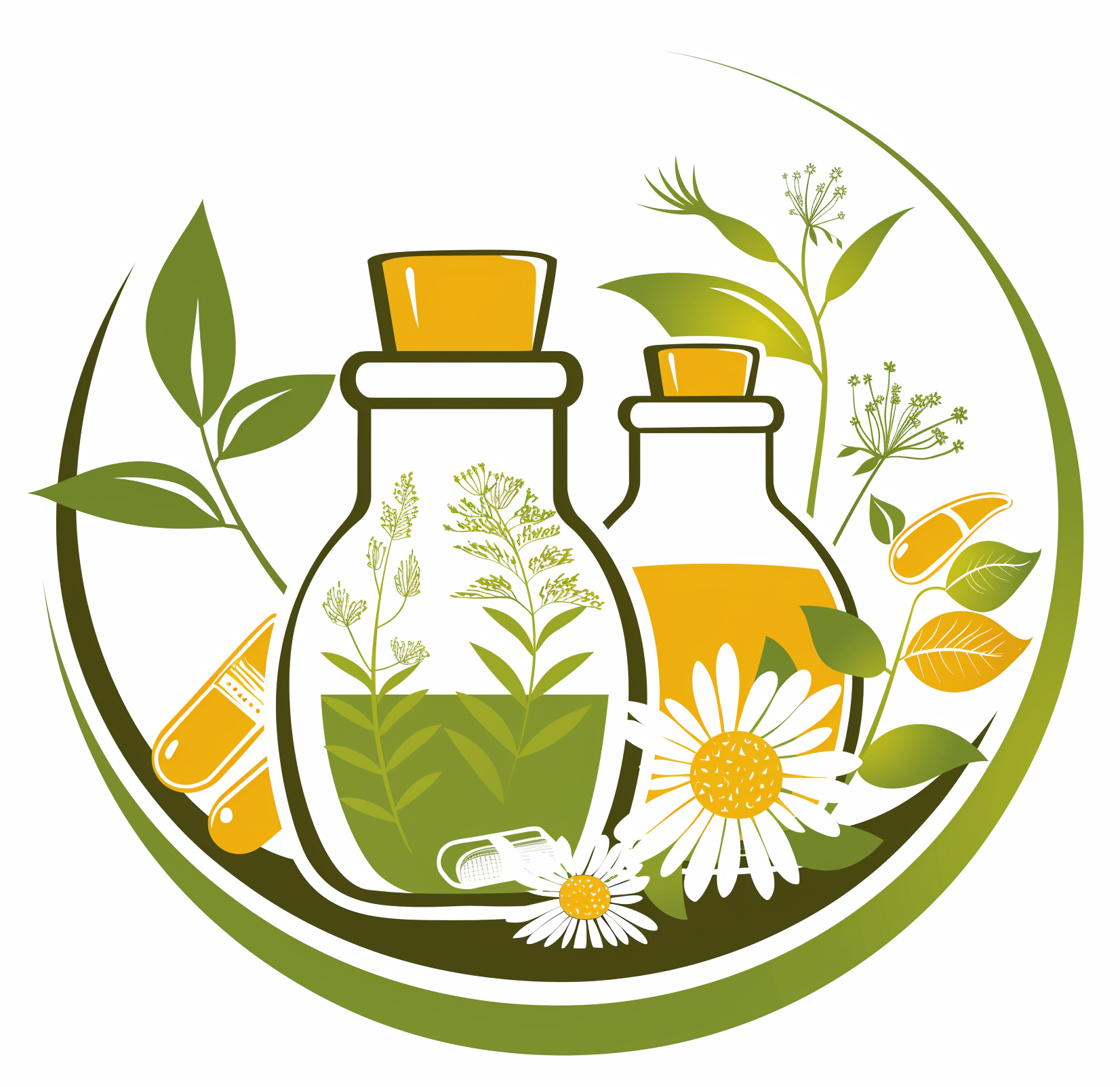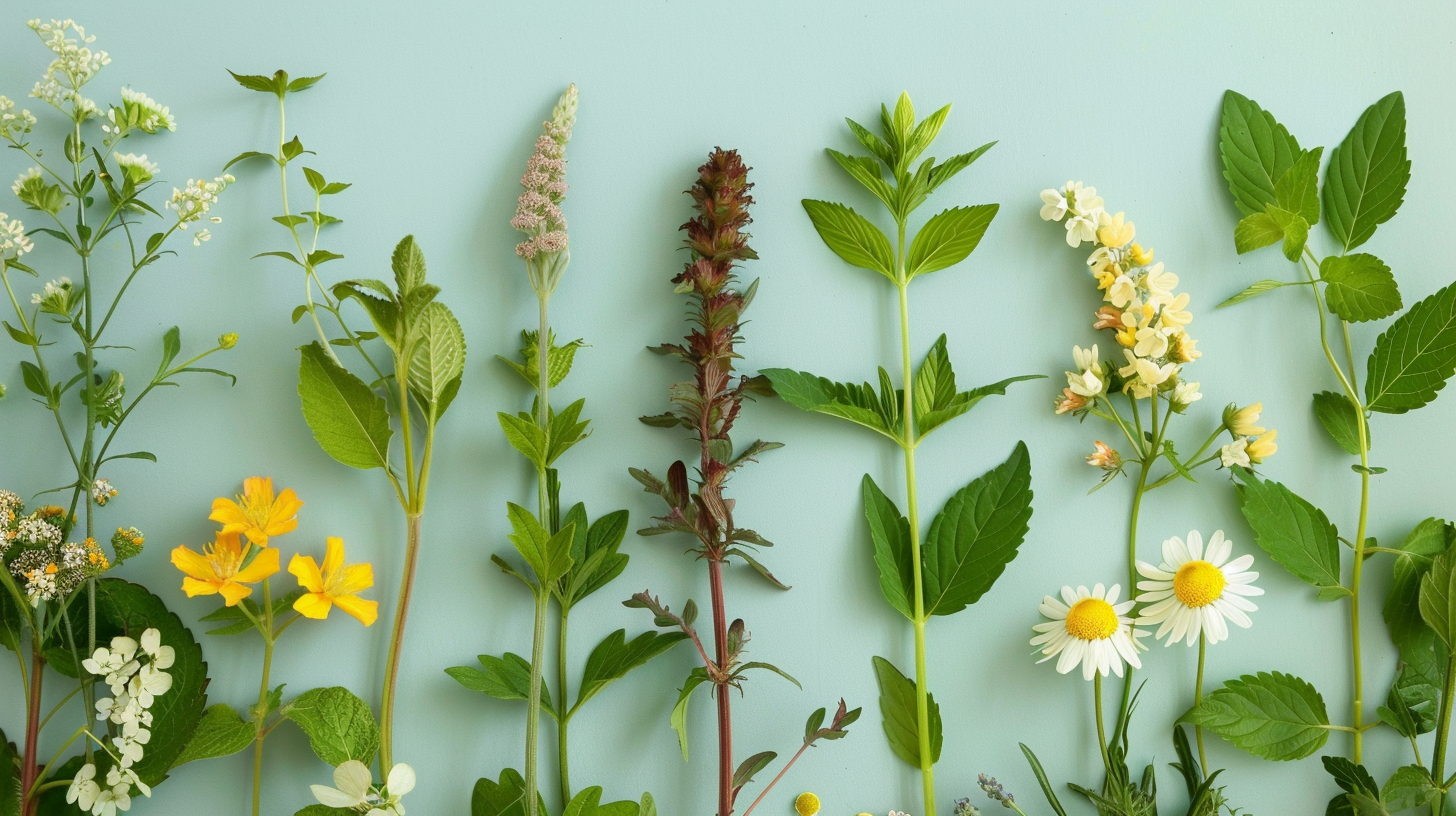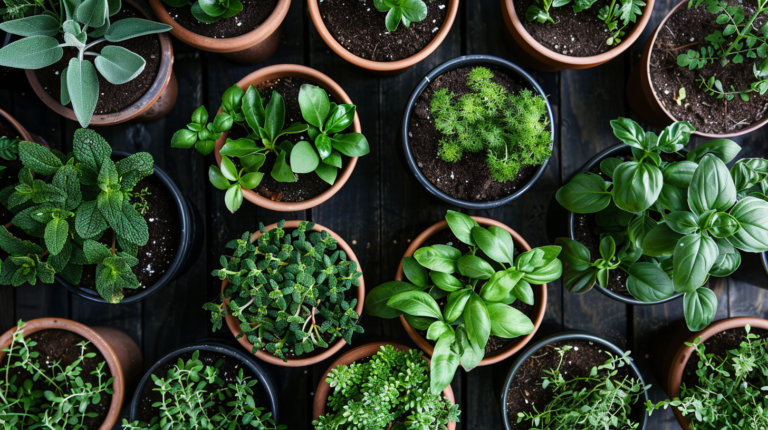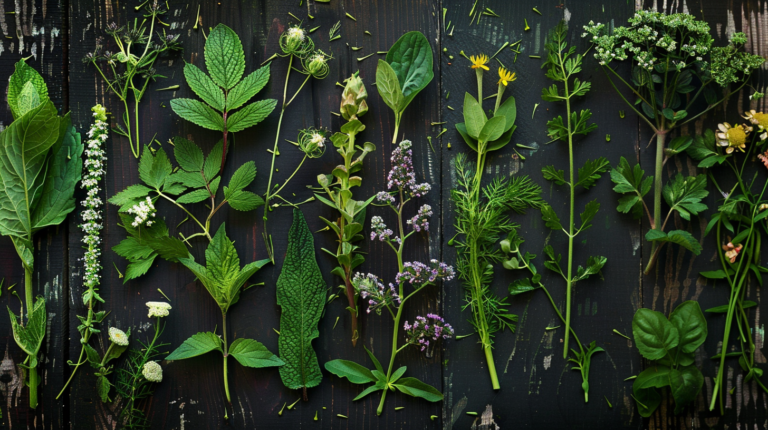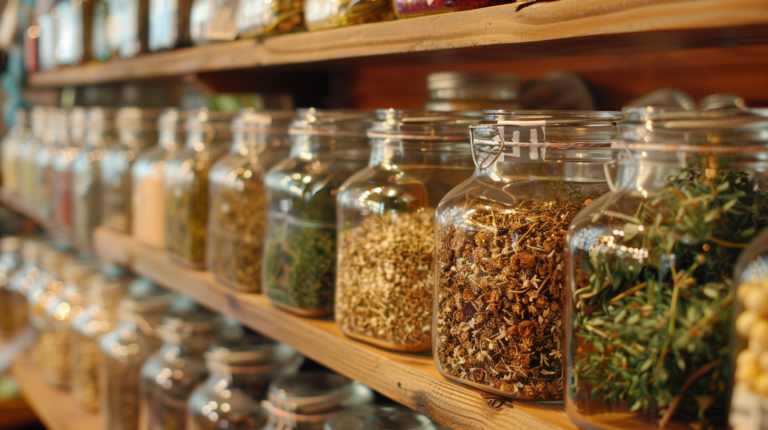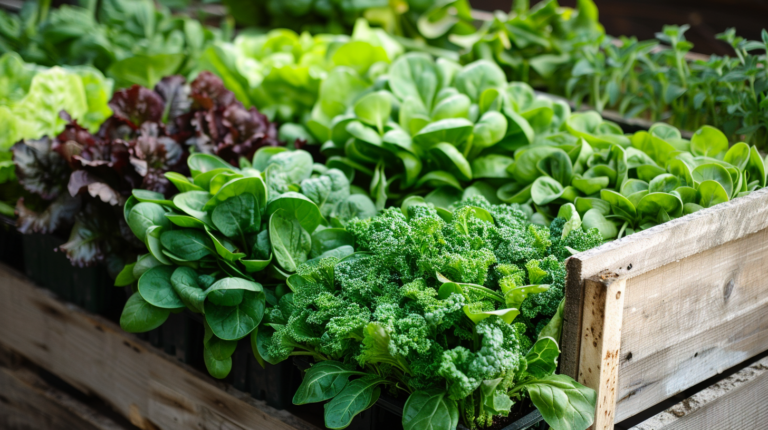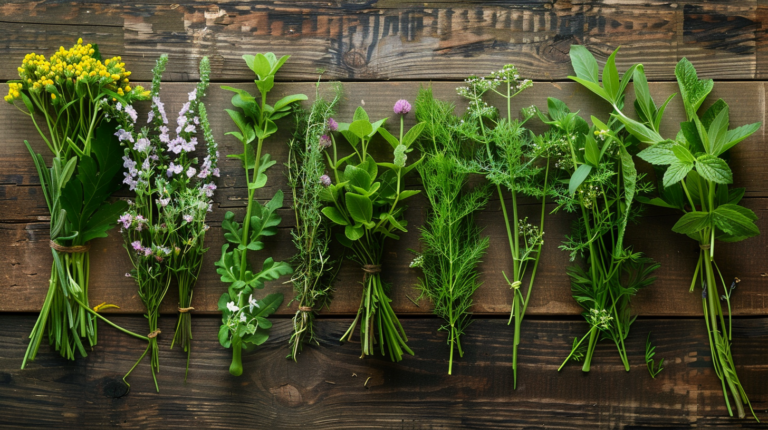Discover the Comprehensive Health Benefits of Medicinal Plants
Ever feel like your body’s defenses are constantly under attack from modern diseases and stress? It’s a common struggle, right? We bombard our systems with synthetic medicines that come with a laundry list of side effects, all while craving a more natural, harmonious approach to health care.
Imagine tapping into the wisdom of centuries past, where medicinal plants held the key to vitality and well-being. These potent herbal remedies weren’t just folklore; they were the frontline warriors against ailments, backed by the science of herbal medicine.
By exploring the benefits of medicinal plants, you’ll discover a treasure trove of therapeutic effects—from boosting your immune system to enhancing mental clarity, and even supporting your heart. Let’s dive in and unleash the incredible potential these products offer for a healthier, more balanced life.
Health Benefits of Medicinal Plants
1. Boosting Immune System
1.1 Phytochemicals
Medicinal plants are bursting with goodies like phytochemicals, a type of bioactive compounds found in plant cells. These tiny warriors support the immune system by enhancing the body’s defense mechanisms. For instance, phytochemicals from medicinal plants are often antioxidants, which help in reducing oxidative stress by scavenging free radicals—those nasty molecules that can damage cells and lower immunity.
1.2 Antioxidant Properties
Speaking of antioxidants, these compounds also play a pivotal role in bolstering your immune system. They act like a shield, protecting the body from damage caused by free radicals. When our body has fewer free radicals to worry about, it can focus on keeping the immune system strong and reactive. Plants like turmeric are rich in antioxidants, which are well known for their anti-inflammatory and immune-boosting properties.
1.3 Examples of Immune-Boosting Plants
Curious about specific plants that can boost your immune system? Look no further than Echinacea and turmeric. Echinacea, often taken as a tea or supplement, is famous for its ability to enhance immune function and fight off colds. Turmeric, with its active ingredient curcumin, not only fights inflammation but also supports the immune system by regulating the activity of various immune cells.
2. Mental Health Benefits
2.1 Reducing Stress and Anxiety
Ever had one of those stressful days where you just can’t seem to relax? Well, plants like lavender and chamomile have got your back! Both of these herbs are well-known for their calming effects. Lavender’s enchanting aroma is often used in aromatherapy to reduce stress and anxiety. Chamomile, on the other hand, is your go-to herb for brewing a soothing cup of tea to melt your worries away.
2.2 Improving Sleep Quality
Turning and tossing all night? Enter valerian root and passionflower. These incredible medicinal plants are used to improve sleep quality by promoting relaxation and reducing the time it takes to fall asleep. Valerian root is often used in herbal teas and supplements, and passionflower has shown benefits in calming the mind—making it easier for you to drift off into dreamland.
2.3 Enhancing Cognitive Function
Want to boost your brainpower? Herbs like ginkgo biloba have been used for centuries to enhance cognitive function. Ginkgo biloba, often referred to as a “living fossil,” improves blood flow to the brain, which helps in enhancing memory and mental clarity. It’s no wonder why this herb is frequently included in supplements designed to boost brain health.
3. Digestive Health
3.1 Improving Digestion
An upset stomach can ruin anyone’s day. Thankfully, herbs like peppermint and ginger come to the rescue. Peppermint, with its soothing menthol, is fantastic for relaxing the muscles of the gastrointestinal tract, making it easier for food to pass through. Ginger, revered in traditional Chinese medicine, is excellent for stimulating digestive fluids and reducing nausea.
3.2 Relieving Stomach Issues
Whether it’s nausea or bloating, there are herbs out there to ease your discomfort. Ginger, as mentioned, is superb for handling nausea, while fennel seeds can help reduce bloating and gas. These herbs have been trusted remedies in various cultures for centuries, proving that sometimes, the simplest solutions are the best.
3.3 Detoxification
Your liver is the detox powerhouse of your body, and it can use all the help it can get. Plants like dandelion and milk thistle are here to assist. Dandelion is more than just a weed; its roots support liver detoxification by flushing out toxins. Milk thistle, rich in silymarin, is known for protecting liver cells and enhancing liver function. Get ready to feel refreshed!
4. Skin Health
4.1 Healing Wounds and Burns
Let’s talk about one of the garden’s greatest healers: aloe vera. This succulent is like a natural first aid kit. Slice open its fleshy leaves, and the gel inside can be applied directly to burns, wounds, and even sunburn. Another potent ally is calendula. Known for its anti-inflammatory and antiseptic properties, calendula is fantastic for accelerating wound healing and reducing swelling. It’s an all-around skin savior!
4.2 Anti-inflammatory Effects
If you’ve ever dealt with inflammation, whether it’s from a skin condition or an injury, plants like turmeric are here to help. Turmeric’s active compound, curcumin, is well-known for its powerful anti-inflammatory properties. It can be applied topically or taken internally to help reduce inflammation in the body. This makes turmeric a versatile and essential herb for anyone dealing with chronic inflammatory conditions.
4.3 Natural Beauty Treatments
Natural beauty enthusiasts, rejoice! Herbs like lavender and chamomile are fantastic additions to your skincare routine. Lavender is known for its soothing and calming effects on the skin, reducing redness and irritation. Chamomile, rich in antioxidants, helps to combat oxidative stress, leaving your skin looking fresh and youthful. Incorporating these herbal remedies into your skincare can provide a natural glow that’s as radiant as it is healthy.
5. Respiratory Health
5.1 Treating Common Colds
When it comes to tackling common colds, elderberry and licorice root are your go-to herbs. Elderberry is rich in antioxidants and vitamins that boost the immune system and has been used traditionally to treat colds and flu. Licorice root, with its soothing properties, helps to ease sore throats and coughs, making it a staple in herbal cough syrups and teas.
5.2 Supporting Lung Function
Herbs like mullein and thyme do wonders for maintaining healthy lungs. Mullein acts as an expectorant, helping to clear mucus from the respiratory tract, while thyme, rich in thymol, has antiseptic properties that support overall lung function. Whether in the form of tea or tincture, these medicinal plants are incredibly beneficial for respiratory health.
5.3 Antiviral and Antibacterial Properties
For those pesky infections, turn to herbs like oregano and eucalyptus. Oregano is known for its potent antiviral and antibacterial effects, making it a natural alternative to synthetic antibiotics. Eucalyptus, often found in cough drops and chest rubs, helps to clear nasal congestion and has strong germ-fighting properties. Incorporating these herbs into your healthcare routine can help fend off various infections naturally.
6. Cardiovascular Health
6.1 Lowering Blood Pressure
High blood pressure? No problem! Herbs like hibiscus and garlic are here to help. Hibiscus tea is known for its ability to lower blood pressure naturally, thanks to its abundance of antioxidants. Garlic, often used in cooking, has been found to have blood-pressure-lowering properties due to its sulfur compounds.
6.2 Reducing Cholesterol
Tired of high cholesterol levels? Ginger and flaxseed might be your new best friends. Ginger helps to reduce LDL cholesterol and inflammation, while flaxseeds are rich in omega-3 fatty acids that support heart health. These ingredients can be easily added to daily meals for a natural cholesterol-lowering effect.
6.3 Strengthening the Heart
Hawthorn berries have long been used in herbal medicine to strengthen the heart. These berries improve blood flow and reduce the risk of heart diseases by dilating coronary arteries and enhancing the heart’s ability to pump blood. Including hawthorn in your diet can provide significant benefits to your cardiovascular health.
7. Hormonal Balance
7.1 Managing Menstrual Symptoms
Struggling with menstrual symptoms? Herbs like black cohosh and chasteberry are known to provide relief. Black cohosh, commonly used for menopause symptoms, also helps with menstrual cramping and discomfort. Chasteberry is renowned for balancing hormones and reducing symptoms of PMS.
7.2 Menopause Support
Entering menopause can be daunting, but herbs like red clover and dong quai can make the transition smoother. Red clover contains phytoestrogens that mimic estrogen in the body, helping to reduce hot flashes and other menopausal symptoms. Dong quai, often referred to as “female ginseng,” is excellent for reducing menopausal discomforts and balancing hormones.
7.3 Supporting Thyroid Function
For those with thyroid issues, herbs like ashwagandha and bladderwrack are worth considering. Ashwagandha is an adaptogen that helps balance thyroid hormones and reduce stress, which can exacerbate thyroid problems. Bladderwrack, rich in iodine, supports thyroid function and helps regulate metabolism.
8. Enhancing Physical Performance
8.1 Energy Boosters
Feeling sluggish? Ginseng and maca root are natural energy boosters that can enhance your physical performance. Ginseng is renowned for increasing energy and mental alertness, while maca root helps improve stamina and endurance. Adding these to your routine can give you that much-needed energy boost.
8.2 Muscle Recovery
Herbs like turmeric and ginger are fantastic for muscle recovery post-exercise. Both have powerful anti-inflammatory properties, reducing muscle soreness and speeding up recovery. Incorporating these herbs into your diet can ensure you’re back on your feet in no time.
8.3 Endurance Support
Adaptogens like rhodiola rosea are excellent for enhancing endurance. Rhodiola helps to combat fatigue and improve physical performance, making it a great herb for athletes and anyone looking to increase their endurance levels. Whether in a supplement form or as a tea, rhodiola is a powerful ally in physical performance.
From the garden to your plate, these medicinal plants and herbal remedies offer a treasure trove of benefits. Whether you’re looking to boost your immune system, improve mental health, aid digestion, or enhance physical performance, there’s a plant out there to help. Remember, while these natural remedies are powerful, it’s always a good idea to consult a healthcare provider before starting any new treatment, especially if you have existing health conditions.
